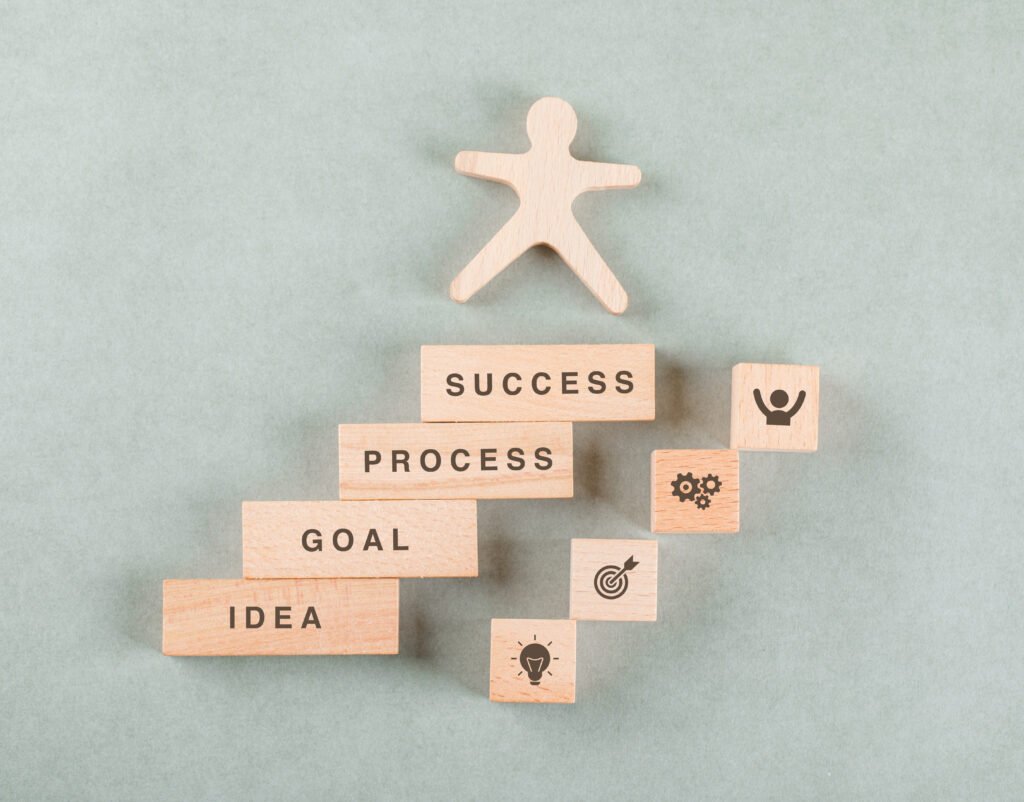Now Reading: Anger: Causes, Effects, and Healthy Ways to Manage It
-
01
Anger: Causes, Effects, and Healthy Ways to Manage It
Anger: Causes, Effects, and Healthy Ways to Manage It

Anger: Causes, Effects, and Healthy Ways to Manage It
Anger is a natural human emotion, but when left unmanaged, it can damage relationships, health, and overall well-being. Whether it’s a short burst of irritation or long-standing resentment, understanding the root causes of anger and how to deal with it constructively is essential for mental and emotional balance. In this blog post, we dive deep into what really is, why we feel it, and how to manage it effectively for a healthier, happier life.
Key Characteristics of Anger:
- Emotional response to a trigger
- Often accompanied by physiological changes (increased heart rate, blood pressure)
- Can be expressed outwardly or inwardly
- May be constructive or destructive
Common Causes of Frustration
Understanding the root of your emotion is the first step in managing it effectively. Here are some of the most common triggers:
1. Stress
Ongoing stress from work, relationships, or finances can lead to irritability and emotion outbursts.
2. Frustration
When goals are blocked or expectations aren’t met, frustration can quickly turn into anger.
3. Unresolved Trauma or Pain
Past experiences—especially those involving betrayal or abuse—can resurface as emotion in current situations.
4. Injustice or Unfair Treatment
Feeling misunderstood, disrespected, or treated unfairly can trigger powerful emotional reactions.
Effects of Anger on the Body and Mind
Uncontrolled Frustration doesn’t just affect your mood—it impacts your entire body and mental well-being.
Physical Effects:
- Increased blood pressure
- Muscle tension
- Weakened immune system
- Risk of heart disease
Emotional & Psychological Effects:
- Anxiety and depression
- Low self-esteem
- Relationship breakdowns
- Poor decision-making
Healthy Ways to Manage Anger
Frustration management isn’t about suppressing your feelings—it’s about understanding and expressing them in a constructive way.
1. Identify Triggers
Keep a journal or mental note of situations that make you angry. Recognizing patterns helps in avoiding or preparing for them.
2. Practice Deep Breathing
Slow, deep breaths can help calm your nervous system and reduce the intensity of your anger.
3. Use “I” Statements
Instead of blaming others, express how you feel:
“I feel upset when meetings start late because it affects my schedule.”
4. Take a Timeout
Step away from the situation until you feel calmer. A short walk or a moment of silence can reset your emotions.
5. Exercise Regularly
Physical activity is a powerful outlet for pent-up energy and tension.
6. Seek Professional Help
If anger is affecting your daily life or relationships, talking to a therapist can provide long-term solutions.
The Importance of Emotional Intelligence
Emotional intelligence (EQ) involves recognizing, understanding, and managing your own emotions and those of others. Building EQ helps in:
- Improving communication
- Reducing conflict
- Strengthening relationships
- Enhancing empathy
Anger, while natural, should never be ignored or left unchecked. It’s a signal that something is wrong—either externally or within. By identifying its roots and learning to respond with awareness rather than impulse, you can turn anger into a tool for personal growth and healthier relationships. Remember, managing anger is not about denial; it’s about direction.
Understanding Anger on a Deeper Level
Anger is often misunderstood. It’s seen as a “bad” emotion or something we need to suppress. But in truth, anger is natural. It’s our body’s way of signaling that something doesn’t feel right — a boundary has been crossed, a need is unmet, or there’s pain beneath the surface.
Emotion, in itself, isn’t harmful. It’s how we react to it that can either lead to healthy expression or create damage — in our relationships, work life, or even in how we see ourselves.
What’s Really Behind Anger?
It’s helpful to think of emotion like an iceberg. What we see on the surface is frustration or rage, but underneath there may be hurt, fear, shame, disappointment, or helplessness. For example:
- A parent may snap at a child out of fear for their safety.
- Someone might lash out at a partner due to long-buried resentment or unspoken expectations.
- A colleague may grow irritable from chronic stress or feeling overlooked.
When we pause to ask, “What’s really going on beneath this anger?”, we begin the process of understanding — and healing.
A Personal Reflection: Learning to Respond Instead of React
I used to believe that staying silent was the best way to “control” anger. But bottling it up only led to emotional build-up — eventually causing outbursts I’d regret. Through journaling and quiet reflection, I began identifying patterns: What triggered me? Was it disrespect, feeling unheard, or being overwhelmed?
Over time, I learned that naming my feelings, even privately, helped me cool down faster and respond more clearly. It wasn’t always easy, but it made my relationships healthier and my inner world more peaceful.
The Real Impact of Unmanaged Anger
When anger isn’t acknowledged or handled constructively, it can take a serious toll:
- Physical health: High blood pressure, tension, headaches, and weakened immunity
- Mental health: Increased anxiety, depression, and emotional exhaustion
- Relationships: Damaged trust, poor communication, and emotional distance
- Work life: Conflicts with coworkers, missed opportunities, and poor team dynamics
Ignoring or avoiding Irritation doesn’t make it go away — it simply pushes it deeper. Addressing it mindfully and respectfully is the key.
Healthy Ways to Manage Anger
Here are some strategies that can help turn emotion into insight and action:
1. Pause and Breathe
Before reacting, take a deep breath and give yourself space — even 10 seconds can make a difference. Breath helps regulate your nervous system.
2. Name the Feeling
Instead of saying “I’m angry,” try being more specific: “I feel disrespected,” “I feel ignored,” or “I’m afraid of losing control.” Clarity brings calm.
3. Use ‘I’ Statements
When communicating anger, avoid blaming. Try: “I felt hurt when…” instead of “You always…”. This reduces defensiveness and invites connection.
4. Find Physical Outlets
Anger is energy — move your body. Go for a walk, hit the gym, dance, clean, or stretch. Releasing energy in healthy ways helps prevent emotional build-up.
5. Write It Out
Journaling helps process complex emotions. Write what you feel without judgment. This can lead to self-awareness and even unexpected clarity.
6. Seek Support
There’s no shame in talking to a friend, coach, or therapist. Sometimes an outside perspective can offer emotional grounding.
Anger Can Be a Teacher
Instead of seeing anger as something to avoid, try seeing it as a messenger. It’s telling you that something needs attention. With awareness and practice, you can transform anger from something destructive into something empowering.
Managing anger is a lifelong skill — one that brings more peace, empathy, and strength to every part of your life. Remember: you’re not alone, and with patience, it’s absolutely possible to change the way you respond — for good.















